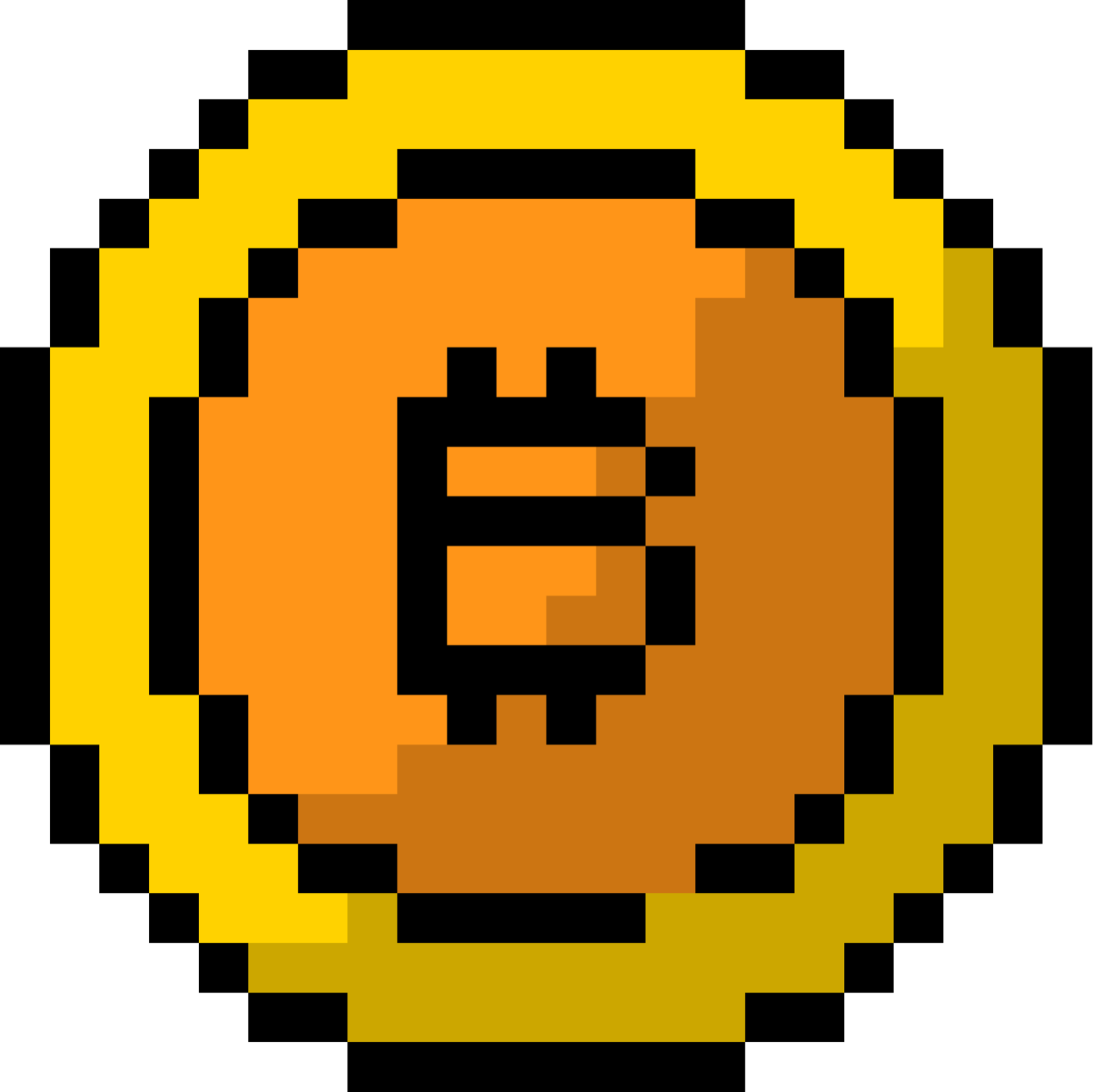551 reads
The Future of Banking Will Only Be Bitcoin: Here's Why
by
April 11th, 2023
Audio Presented by

Bitcoiner. Freedom Maximalist. Author of "The Truth About Bitcoin". Editor, In Bitcoin We Trust Newsletter.
Story's Credibility

About Author
Bitcoiner. Freedom Maximalist. Author of "The Truth About Bitcoin". Editor, In Bitcoin We Trust Newsletter.
